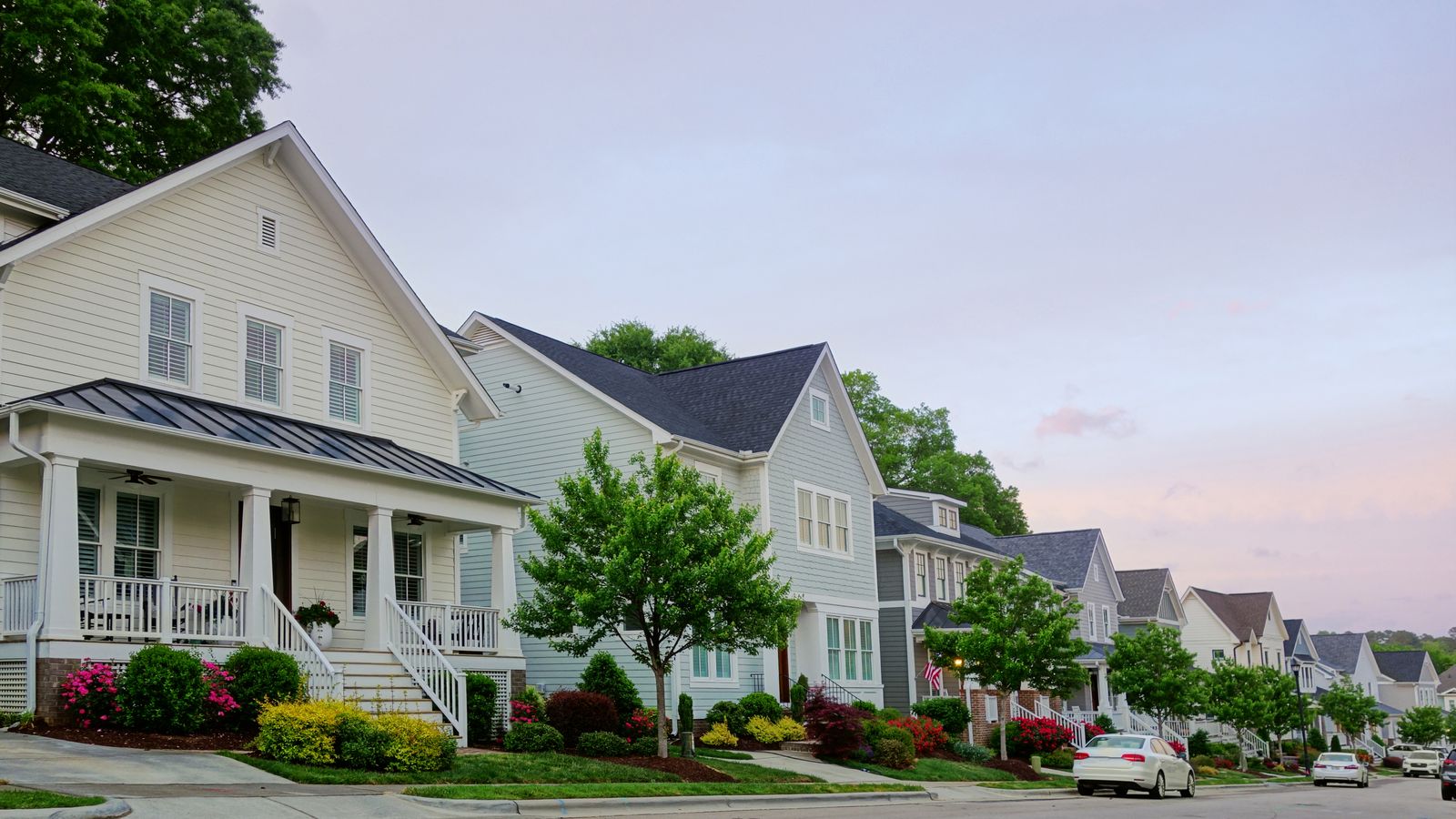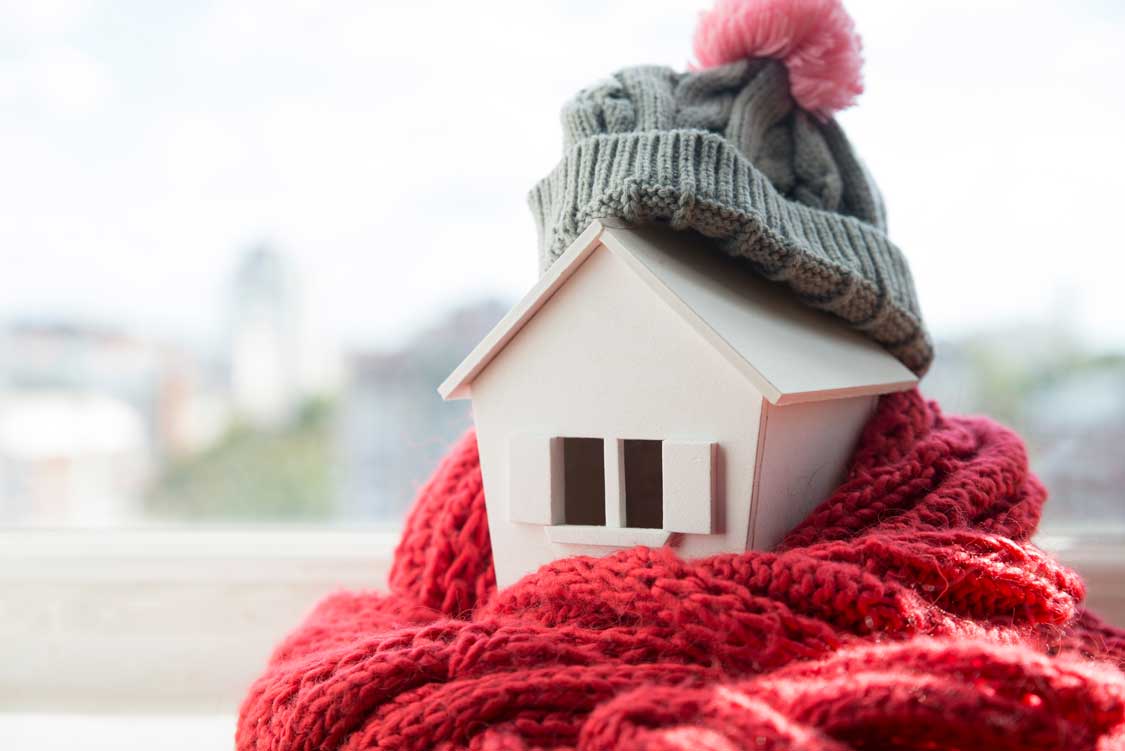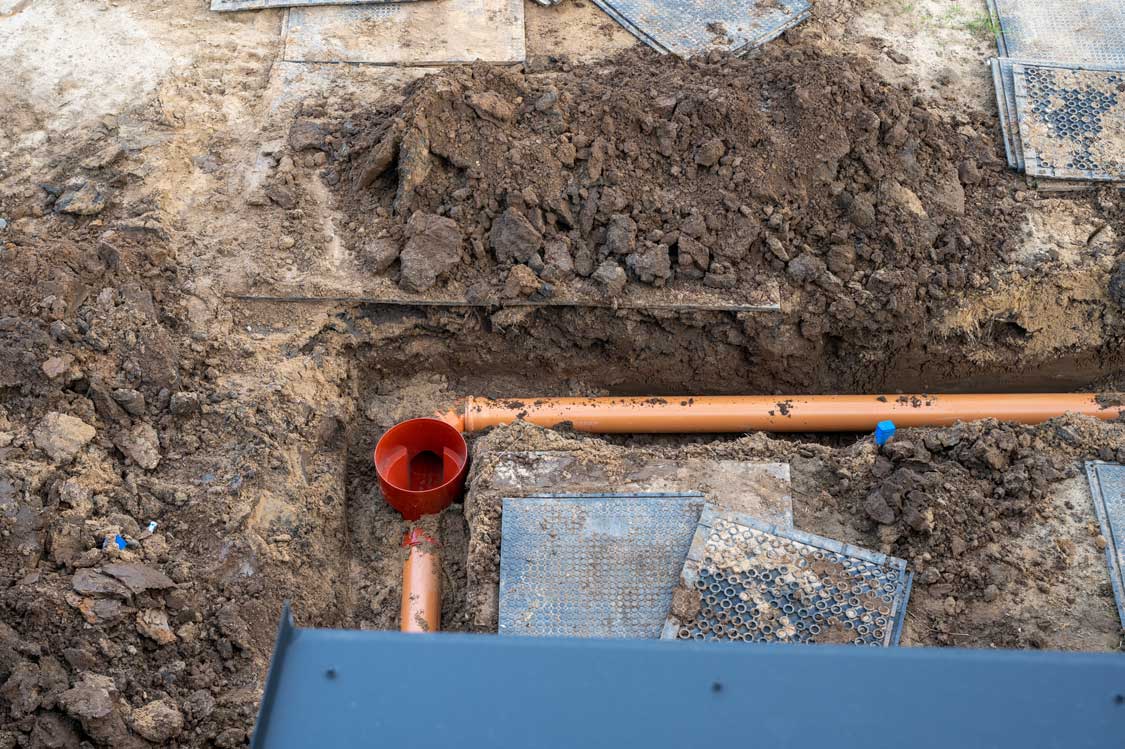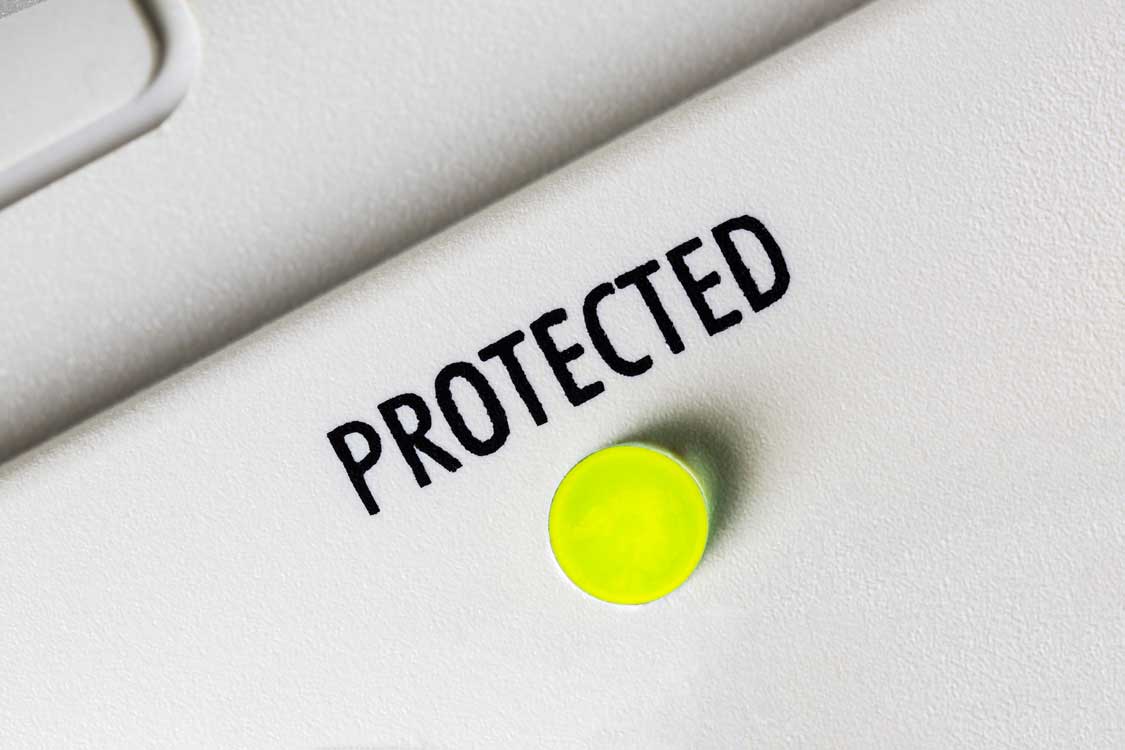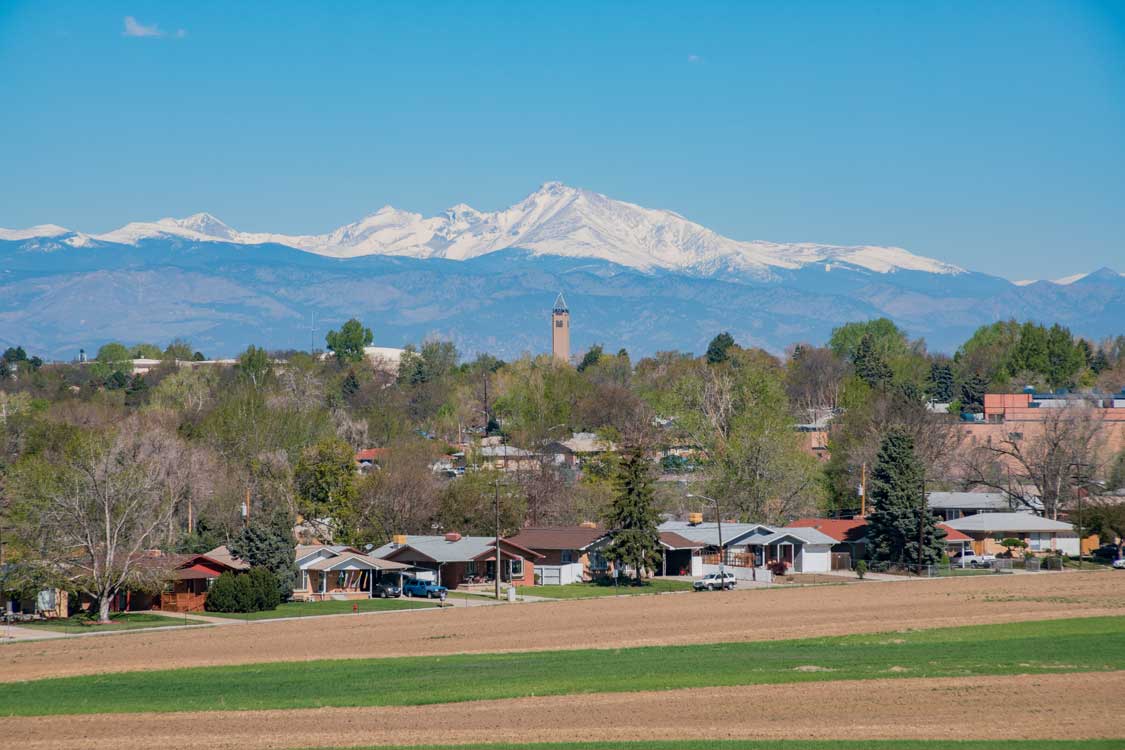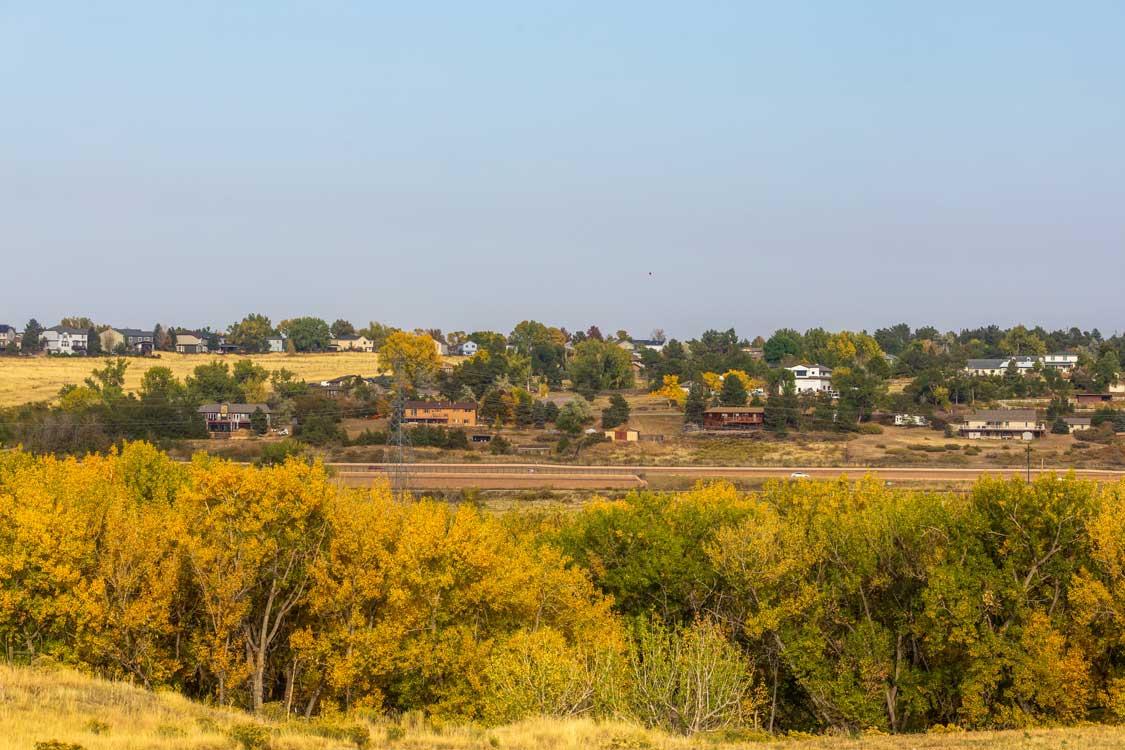Edited: May 30, 2025
Few home disasters are as messy or expensive as a sewer backup.
And, sadly, we see this issue affecting Denver-area homeowners more frequently than you might think. When wastewater reverses direction and flows into your home through floor drains, toilets, or sinks, the damage can be severe—and the cleanup isn’t cheap. Many Colorado homeowners don’t realize that standard insurance often doesn’t cover this kind of damage, leaving them vulnerable to unexpected costs. Knowing how much the cost to fix sewer backup might be (and who pays for it) can make a major difference in how prepared you are, especially in our region’s aging neighborhoods where sewer systems face increasing pressure.
What Is Sewer Backup?
A sewer backup occurs when wastewater from your plumbing system or the city sewer line flows back into your home instead of draining out. Water and waste may come up through toilets, tubs, sinks, or basement drains. It’s not just gross—it can seriously affect your health and damage your home.
Here are a few of the most common causes:
- Tree roots growing into underground pipes
- Clogs caused by grease, wipes labeled “flushable,” or other debris
- Aging or collapsed sewer lines
- Heavy rainfall that overwhelms city systems
- Sump pumps that stop working or get overloaded
Once a backup starts, it can ruin flooring, drywall, furniture, and other belongings in no time. The odor alone can make your home feel unlivable. Even worse, mold and bacteria can start growing in just a day. When sewage reaches structural parts of the home, repairs become even more expensive and time-consuming.
Does Homeowners Insurance Cover Sewer Backup?
Most homeowners assume their policy covers any kind of water damage—but sewer backups are typically excluded. Insurance companies usually consider these incidents a separate risk, which means the base policy won’t help unless you’ve added sewer backup coverage.
To get protection, ask your provider for a sewer backup endorsement. It’s a small extra charge added to your homeowners policy. Once a backup happens, it’s too late to make changes—so it’s important not to wait.
Not sure whether you’re already covered? Check your policy or talk to your agent. Without that endorsement, the full cost to fix sewer backup lands on you.
What Does Sewer Backup Insurance Cover?
Sewer backup insurance helps pay for repairs and damage when wastewater enters your home through sewage lines or drains. It can be the difference between a stressful inconvenience and a financial nightmare.
Here’s what the coverage usually includes:
- Backed-up drains or sewers: Water or waste coming up through sinks, toilets, tubs, or basement drains
- Sump pump failure: Water damage from a pump that stopped working or couldn’t keep up
- Personal property: Electronics, rugs, furniture, and other items damaged by dirty water
- Structural damage: Flooring, insulation, drywall, and other parts of the home affected by sewage
- Professional cleanup: Services to disinfect and restore your home safely
There are a few exceptions, though. Sewer backup insurance generally doesn’t apply when:
- Groundwater or surface flooding enters the home (you’d need separate flood insurance)
- Damage results from poor upkeep or known issues
- Broken lines outside your home’s structure need repair
Even with those limits, this extra coverage can save you thousands when something goes wrong.
How Much Does Sewer Backup Insurance Cost?
Homeowners in Aurora and the Denver area often ask, “What’s the price tag for sewer backup coverage?” The good news is—it’s fairly affordable.
Expect to pay somewhere between $50 and $250 per year, depending on:
- Where you live: Older neighborhoods or areas with poor drainage might come with higher premiums.
- Home size and layout: A finished basement or more square footage may need more coverage.
- Coverage limits: Higher protection levels cost more each year.
- Deductible choice: A higher deductible often brings the annual cost down.
Given how much damage a backup can cause, paying a little more now for coverage can save a ton later.
The Cost of Sewer Backup Damage Without Insurance
Without insurance, the cost to fix sewer backup falls entirely on your shoulders. Cleanup, repairs, and replacing belongings can easily get out of hand.
Here’s where the money goes:
- Cleanup and sanitation: Professional disinfection is required after a sewage spill. Costs usually range from $1,000 to $5,000.
- Damaged property replacement: Carpets, couches, electronics, and other possessions may need to be tossed. That could run from $2,000 to $10,000 or more.
- Structural repairs: If sewage affects walls, floors, or the foundation, expect repairs to cost $10,000 to $25,000.
- Sewer line repair: If damage happened outside the home, fixing the line can cost another $4,000 to $10,000, especially without trenchless tech.
Some homeowners have spent over $30,000 recovering from one incident. Compared to an insurance add-on that might cost $200 a year, the value becomes obvious.
Smart Ways to Keep Sewage Where It Belongs
Taking a few precautions can help keep sewage out of your home—and your budget intact.
Try these steps to lower your risk:
- Book a yearly sewer inspection: Catch small issues before they turn into major problems
- Handle minor clogs right away: Don’t wait for that slow drain to turn into a full backup
- Keep grease and wipes out of drains: Even “flushable” wipes can cause serious clogs
- Install a backwater valve: This device prevents sewage from flowing into your home
- Trim trees near pipes: Roots can sneak into sewer lines and cause blockages over time
Regular maintenance helps extend the life of your plumbing. In fact, well-kept sewer lines can last 50 to 100 years.
Understanding Trenchless Technologies for Sewer Repair
If your sewer line needs to be fixed, modern tools can make the process faster and less invasive. Trenchless repair is a much cleaner option for homeowners who want to avoid digging up their yard.
Here are two common methods:
- Pipe lining: A flexible liner coated in resin gets inserted into the old pipe and hardens into a new one.
- Pipe bursting: A new pipe is pulled through the damaged one, breaking it apart as it moves along.
Both options save your landscaping, cut labor costs, and speed up the timeline. While traditional excavation can cost $8,000 to $15,000, trenchless solutions often stay between $3,000 and $7,000—making a big difference in the cost to fix sewer backup when repairs are needed.
When to Call Done! Plumbers
Some sewer problems are obvious. Others build slowly and catch you off guard. Acting quickly can help you avoid bigger damage and lower repair bills.
Call a professional if you notice:
- Water backing up into sinks, tubs, or basement drains
- Gurgling noises when toilets flush
- Bad odors coming from drains or the yard
- Multiple slow or blocked drains at once
- Water collecting around your basement floor drain
Trying to fix the issue yourself could make things worse. If something seems off, reach out to a licensed expert right away.
One Call… It’s Done!
At Done, we know how overwhelming sewer problems can feel. That’s why we respond fast and bring expert help to homeowners across Aurora and Greater Denver. Our comprehensive services include sewer camera inspections that catch problems before they worsen, routine maintenance to keep your system flowing smoothly, complete backup cleanup and repair when disasters strike, and advanced trenchless sewer line replacement that saves your yard and your wallet.
Our team is licensed, insured, and available 24/7 because plumbing emergencies don’t wait for business hours. We pride ourselves on upfront pricing with no surprise fees and clean, professional service that respects your home. When sewage threatens your property and peace of mind, you need experts who understand both the technical challenges and the emotional stress of the situation.
Don’t let sewer problems turn into costly nightmares. Contact Done Plumbing, Heating, Cooling & Electric today at 303-487-3663 or schedule online for fast, reliable service that gets your home back to normal as quickly as possible. With our expertise, you’ll never have to face a sewer backup alone.

